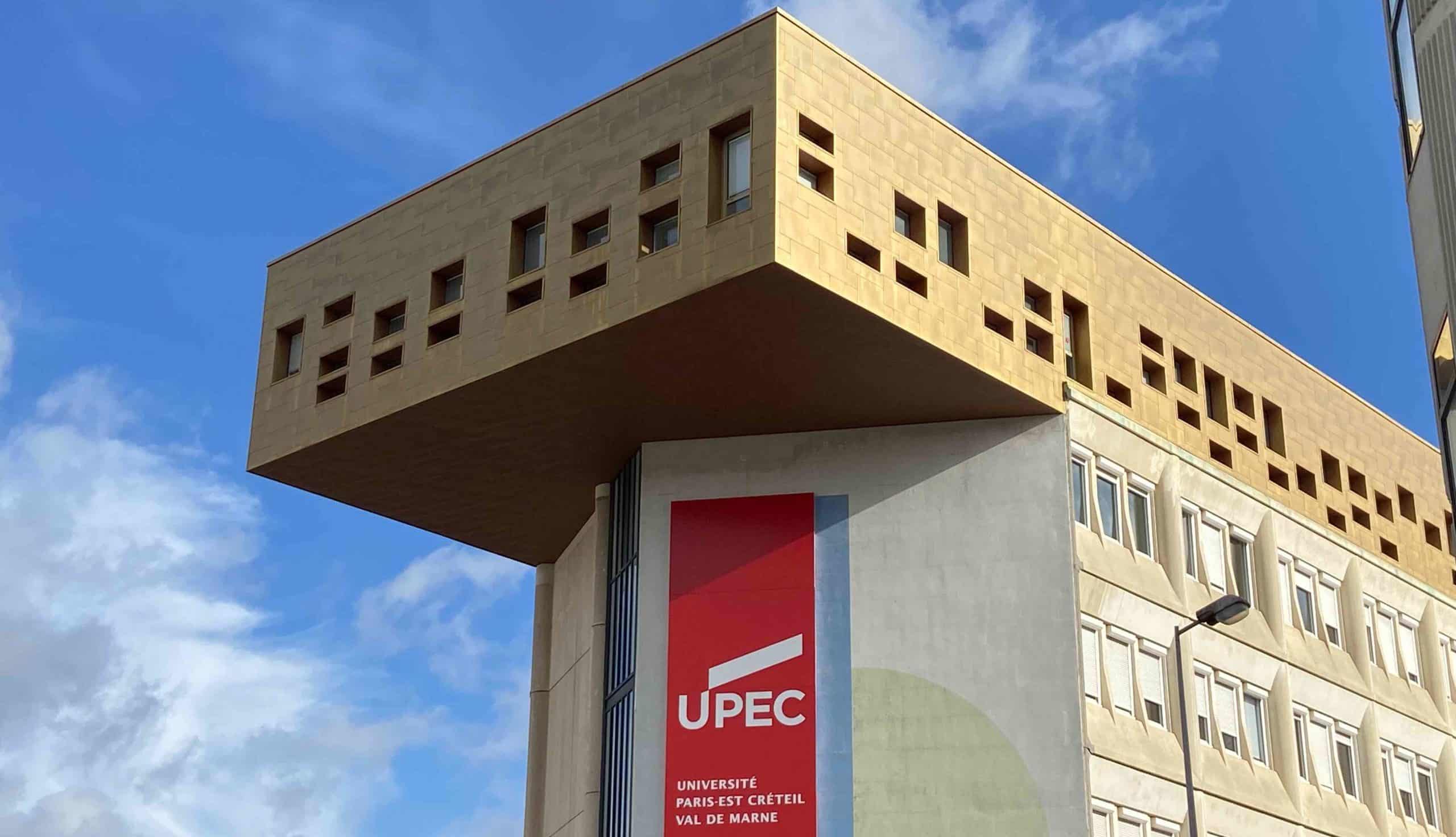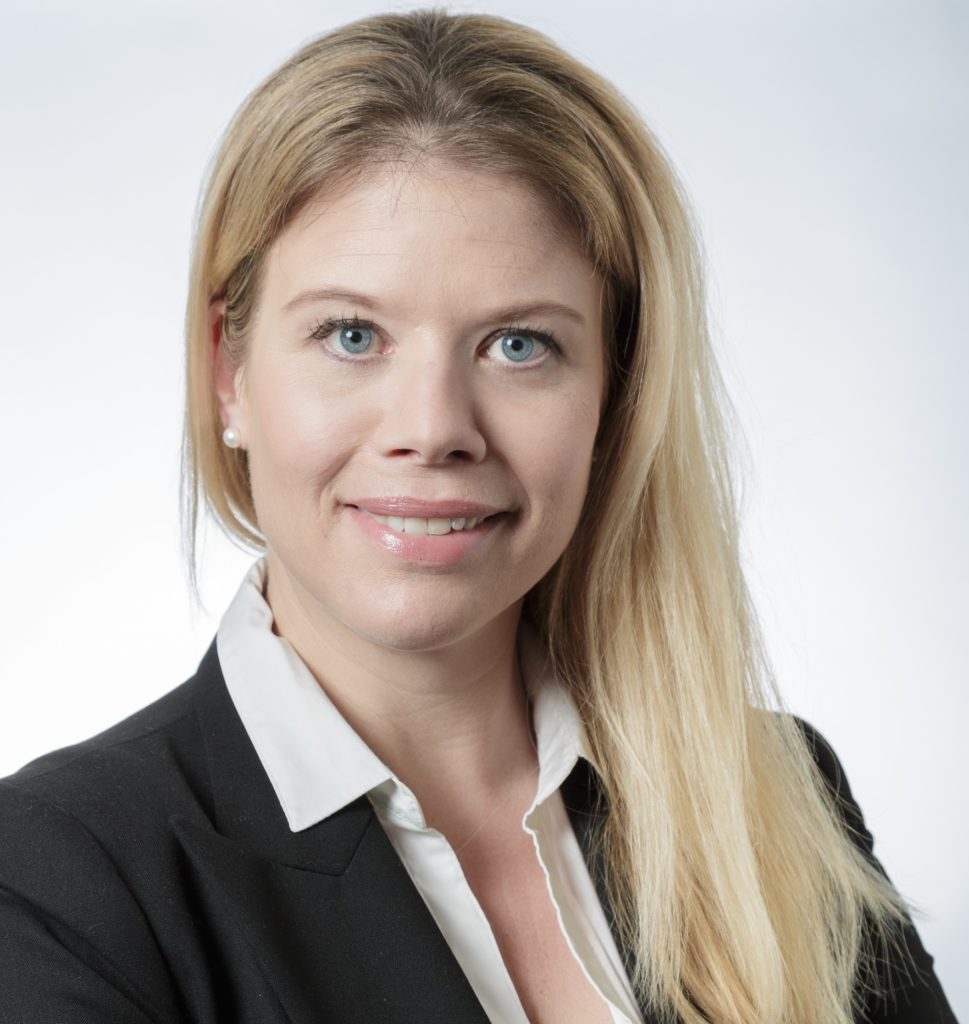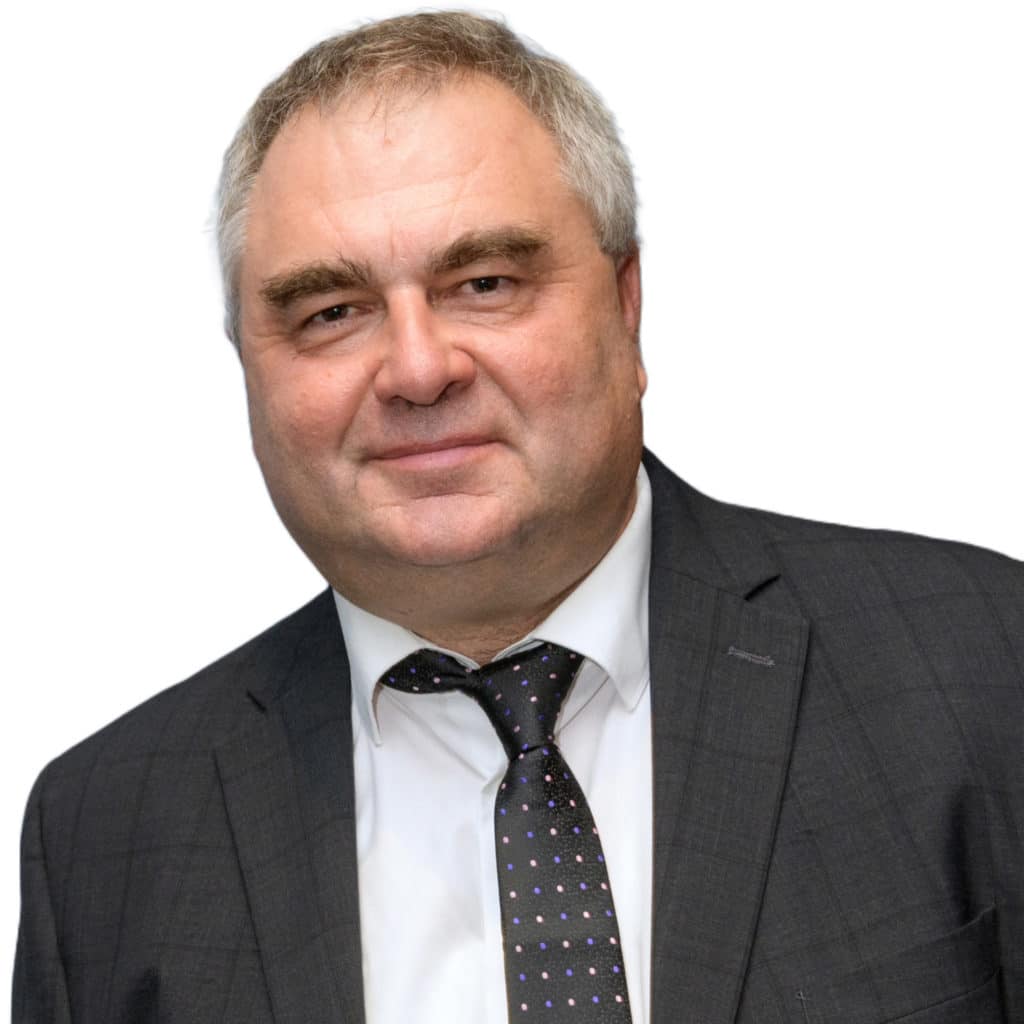
Dr. Bourqui and Dr. Claivaz recently published a seminal article putting BSL’s current approach to Higher Education for Sustainable Development in perspective. The article appeared in the first issue of the review “International Transitions” recently created by UPEC – Université de Paris-Est Créteil. dated March, 2024. You can read here the full article, which is dated March, 2024.
We would like to share here some key findings of the article with the BSL blog readers, since these findings might be useful to the BSL community.
First and foremost, the writing of this article was the occasion to do a quick literature review on the topic of Higher Education for Sustainable Development. We were delighted to see that a recent handbook on the topic is available to BSL students and Faculty on the Perlego platform. Please look for : GAMAGE, K.A.A., GUNAWARDHANA, N., 2022, The Wiley Handbook of Sustainability in Higher Education Learning and Teaching, 1st edition, Hoboken: Wiley.
Our article aims to go beyond the inventory of approaches and experiences and define a clear typology structuring the field in three different directions:
- The discussion and definition of sustainability, sustainable development, and sustainability-related concepts
- The commitment to sustainability
- The making of sustainability
BSL explores the three existing directions simultaneously yet aims to propose a genuine definition of the third dimensionm the “making of sustainability” by associating the development of an entrepreneurial mindset and sustainability education so that learners can move from designing solutions to implementing them.
We argue that such an association requires higher education institutions to operate a pivot in their strategy. Higher education institutions should continue to teach and deepen the understanding of sustainability and sustainability-related concepts. At the same time, higher education institutions must equip the learners with the power to solve real-life problems and not just with the capacity to design a solution that, while intellectually interesting, might stay purely theoretical.
We are aware of the objections stating that “sustainability” has to happen at systemic level for change to be effective, and must therefore rely on something more binding than individual entrepreneurial initiatives. We were happy to read that the father of the General system Theory, Ludwig von Bertalanffy, already envisioned that the system thinking could lead education to develop individual actors, who somehow resemble the principled doers desribred in BSL’s Business Education Philosophy:
Conventional education in physics, biology, psychology or the social sciences treats them as separate domains, the general trend being that increasingly smaller subdomains become separate sciences, and this process is repeated to the point where each specialty becomes a triflingly small field, unconnected with the rest. In contrast, the educational demands of training “Scientific Generalists” and of developing interdisciplinary “basic principles” are precisely those general system theory tries to fill. They are not a mere program or a pious wish since, as we have tried to show, such a theoretical structure is already in the process of development. In this sense, general system theory seems to be an important headway towards interdisciplinary synthesis and integrated education. (VON BERTALANFFY [1969], General System Theory, New York: George Braziller Inc.)
When it comes to the materialization of sustainability, we believe that graduates with an entrepreneurial mindset precisely master a set of “basic principles” that allow them to connect the dots and bring theoretical solutions into realization with a positive impact.
The article ends with a few examples showing how BSL’s pivot has made for the implementation of new teaching and learning approaches, such as the Business Innovation Weeks, the partnership with MyBluePlanet, or the Academic Citizens’ Assembly.
We invite you to follow BSL’s social media for more updates on the topic.

Dr. Dominique Bourqui
Chief Academic Officer

Dr. David Claivaz
Acting Dean
